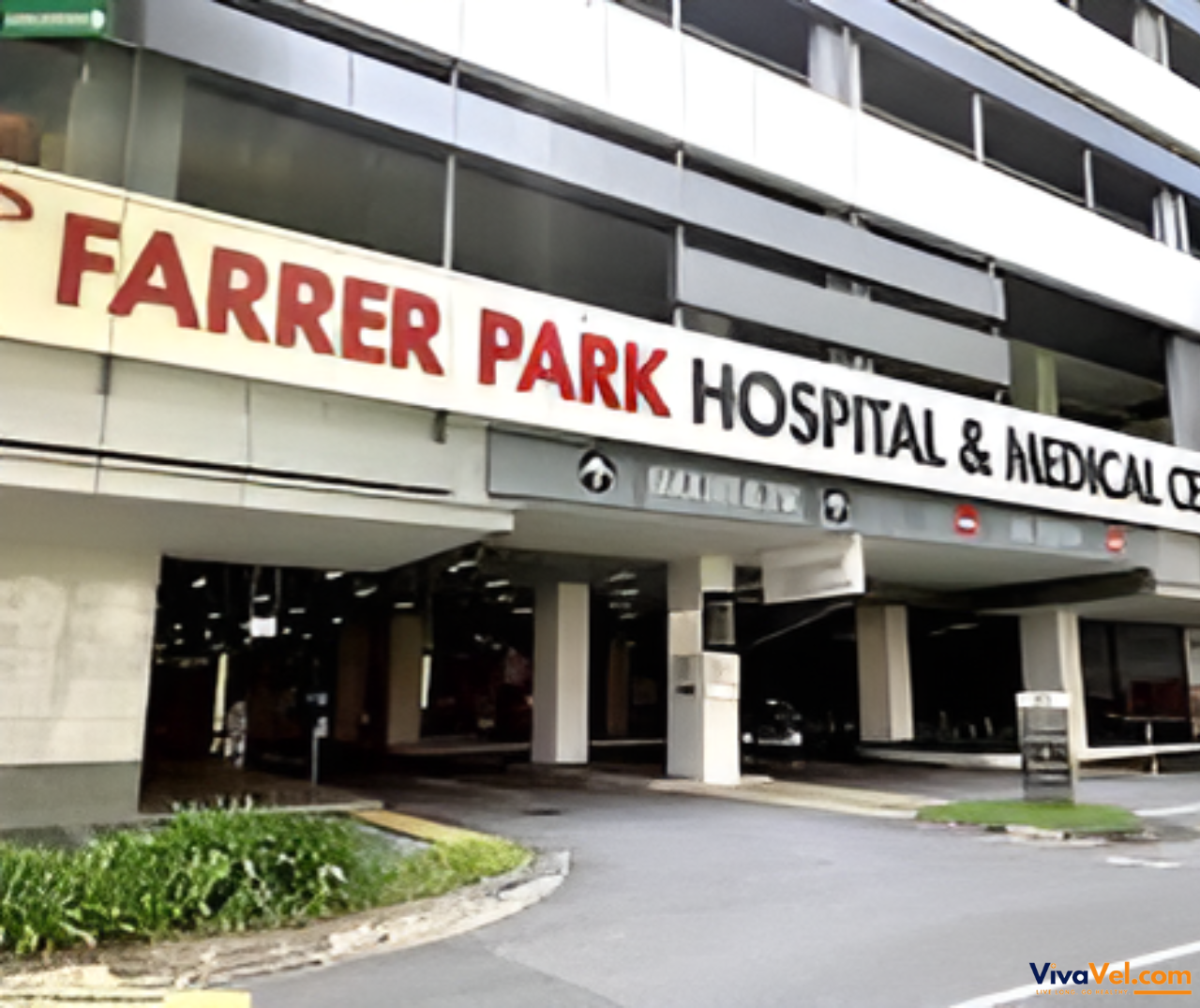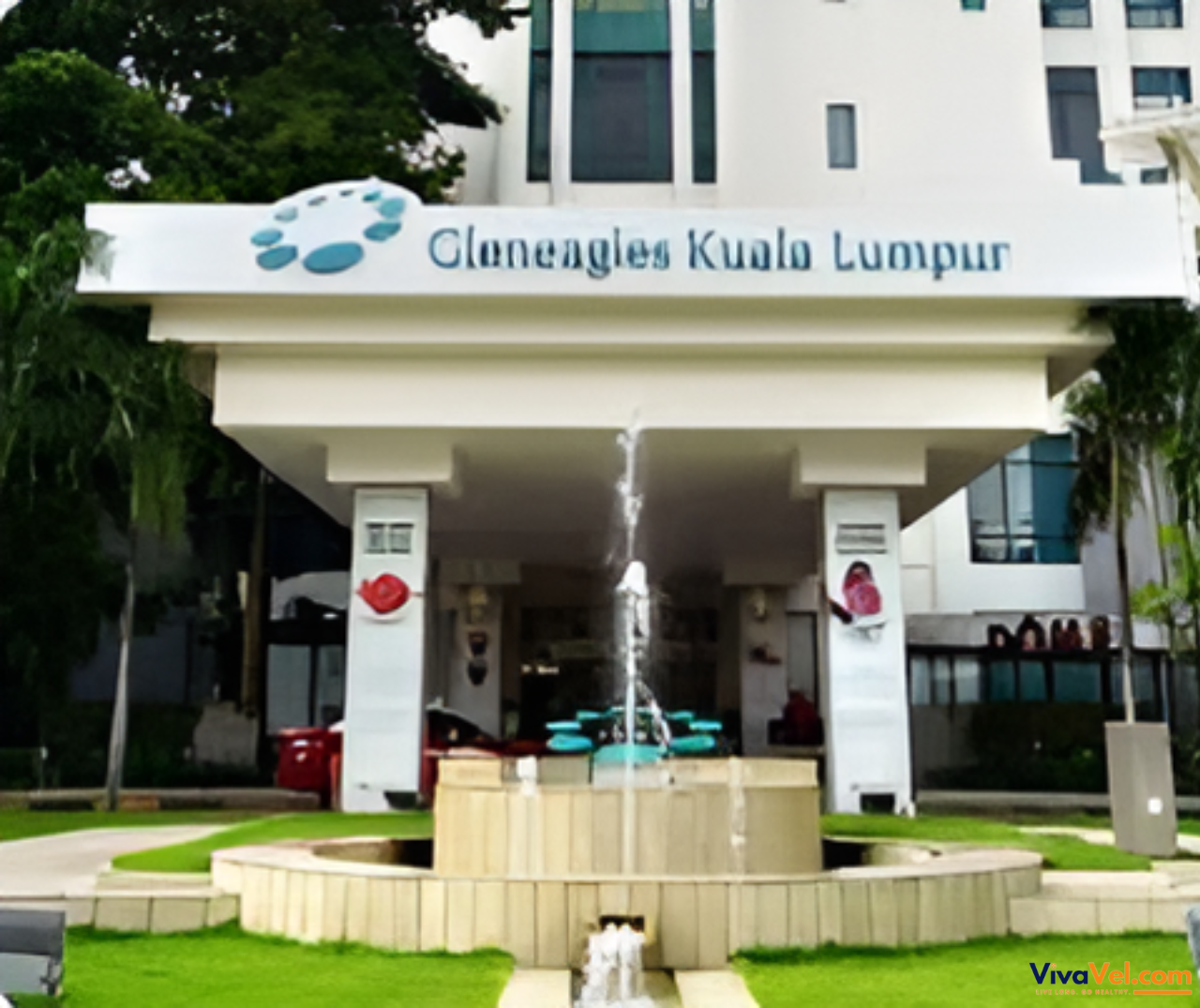info@vivavel.com
+919818262686
+919818262686
 info@vivavel.com
info@vivavel.com +919818262686
+919818262686Multiple myeloma is a type of cancer affecting plasma cells, a type of white blood cell. Plasma cells usually help the body fight infections by making antibodies, but in multiple myeloma, these cells become cancerous. They start multiplying out of control, which crowds out healthy blood cells in the bone marrow. This can lead to issues like anemia, fatigue, and frequent infections.
In multiple myeloma, the cancerous plasma cells also produce abnormal proteins. These proteins can damage different parts of the body, especially the bones and kidneys. Bones may become weak or even break easily, which is why people with multiple myeloma often experience bone pain or fractures. These abnormal proteins can also damage the kidneys, leading to kidney problems or failure.
Though the cause of multiple myeloma is not fully known, factors like age, family history, and certain chemical exposures may increase the risk. Treatments can include chemotherapy, radiation, and bone marrow transplants, which aim to control the disease and improve quality of life. However, there is no complete cure for multiple myeloma yet, and treatments focus on managing symptoms and slowing the progression of the disease.
 Symptoms of this condition may vary but often include the following:
Symptoms of this condition may vary but often include the following:

 While the exact cause of multiple myeloma is not fully understood, certain factors can contribute to its development:
While the exact cause of multiple myeloma is not fully understood, certain factors can contribute to its development:
 You should consult a doctor if you experience:
You should consult a doctor if you experience:
 To diagnose multiple myeloma, doctors may use a combination of the following tests:
To diagnose multiple myeloma, doctors may use a combination of the following tests:
 Do's:
Do's:
 Don'ts:
Don'ts:
NOTE:
Our medical content authors have diligently gathered and synthesized information on this topic to offer valuable insights to our readers. Drawing from a range of reputable medical journals and health resources, this content aims to enhance understanding of the subject. It's important to remember that while this information is informative, it should not replace personalized consultation or treatment from a qualified physician. For further details, please refer to our Editorial Policy.
For this topic, our authors used some of the following resources:



![]() 1 Farrer Park Station Road, #02-01 Connexion, Singapore 217562
1 Farrer Park Station Road, #02-01 Connexion, Singapore 217562


![]() 282, 286 & 288, Block A, B, and Medical Office Block, Jalan Ampang, Kampung Berembang, 50450 Kuala Lumpur, Malaysia.
282, 286 & 288, Block A, B, and Medical Office Block, Jalan Ampang, Kampung Berembang, 50450 Kuala Lumpur, Malaysia.


![]() 39, Jalan Kia Peng, 50450 Kuala Lumpur, Wilayah Persekutuan, Malaysia
39, Jalan Kia Peng, 50450 Kuala Lumpur, Wilayah Persekutuan, Malaysia
_4.png)

![]() No. 2, Jalan Intisari Perdana, Desa ParkCity, 52200 Kuala Lumpur, Malaysia
No. 2, Jalan Intisari Perdana, Desa ParkCity, 52200 Kuala Lumpur, Malaysia


Dr. A. V. S. Suresh is a distinguished Senior Consultant Medical Oncologist and Hematologist at Continental Hospitals, Hyderabad. With over two decades of clinical ex...

Dr. Gaurav Dixit is a highly experienced Hematologist and Bone Marrow Transplant (BMT) Specialist who currently leads the Haemato-Oncology Unit at Artemis Hospital, Gurugram....

Dr. Rayaz Ahmed is a director with expertise in Cancer Care/Oncology, Bone Marrow Transplant, Hematology Oncology, and hematology (Hematology) at Max Super Speciality Hospita...



Dr. Nitin Sood is a distinguished Clinical Hematologist, Hemato-Oncologist, and Bone Marrow Transplant Specialist with nearly thirty years of clinical, academic, and research exper...
Treatment Plan & Cost within 2 days
